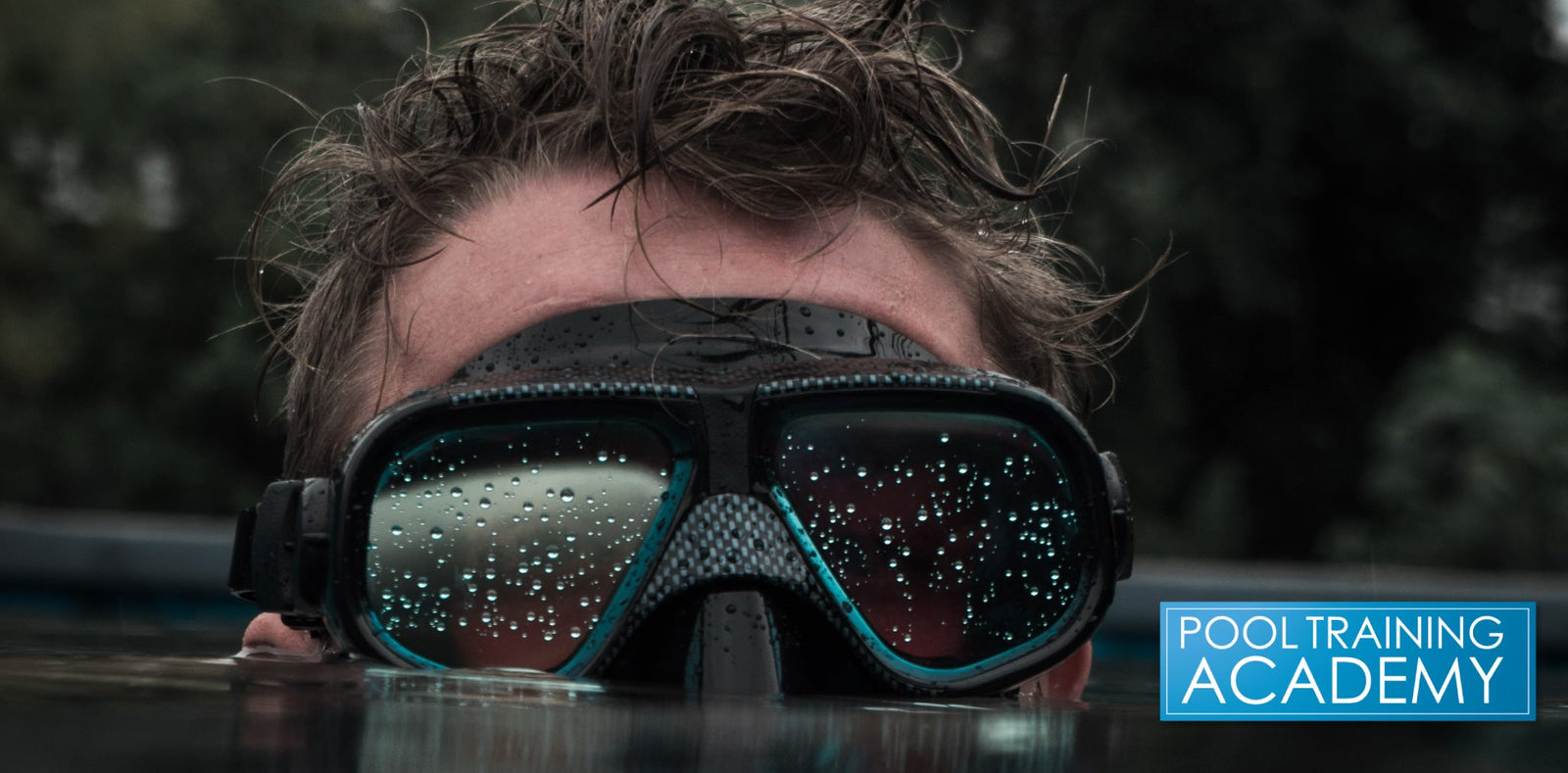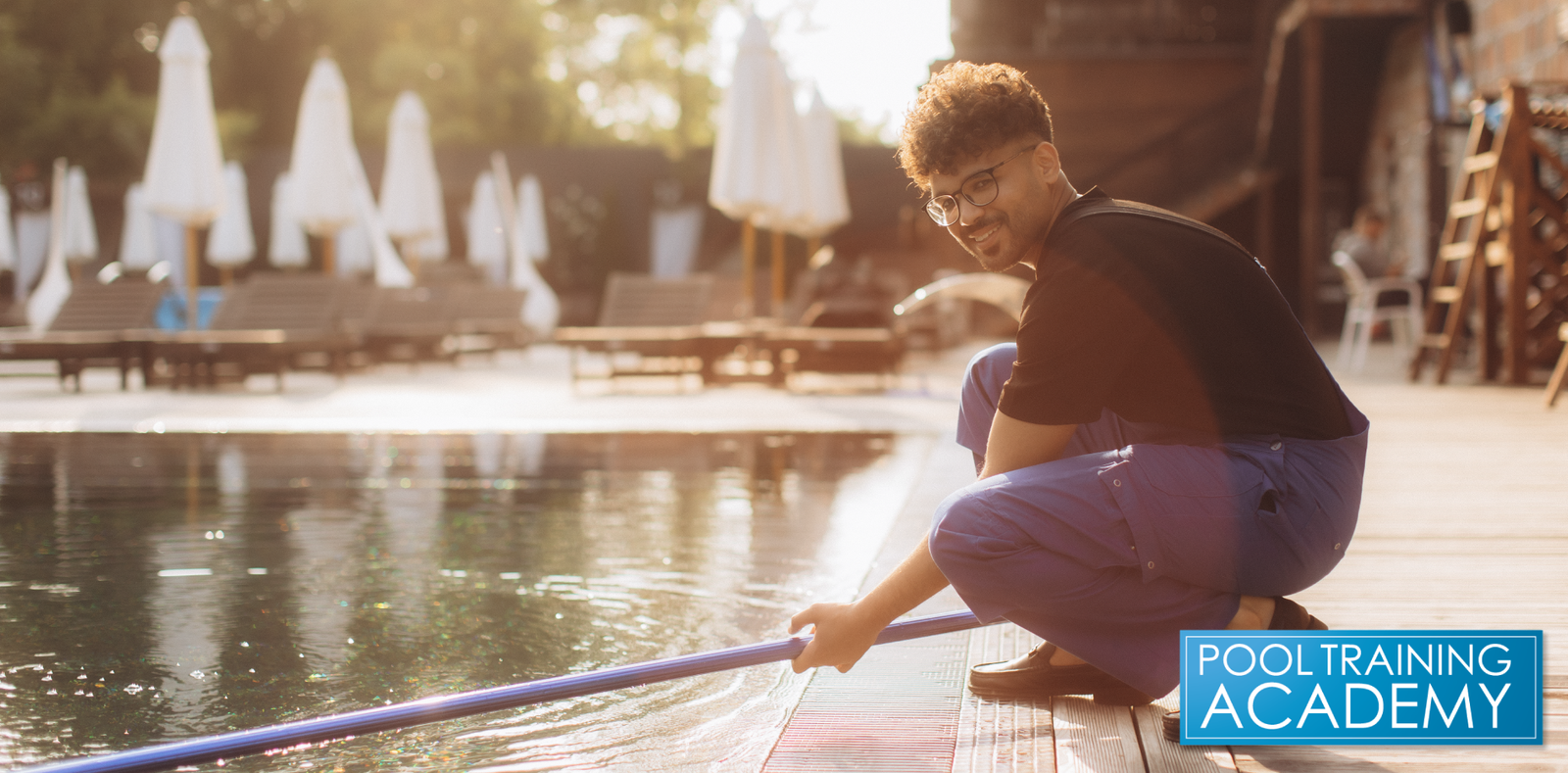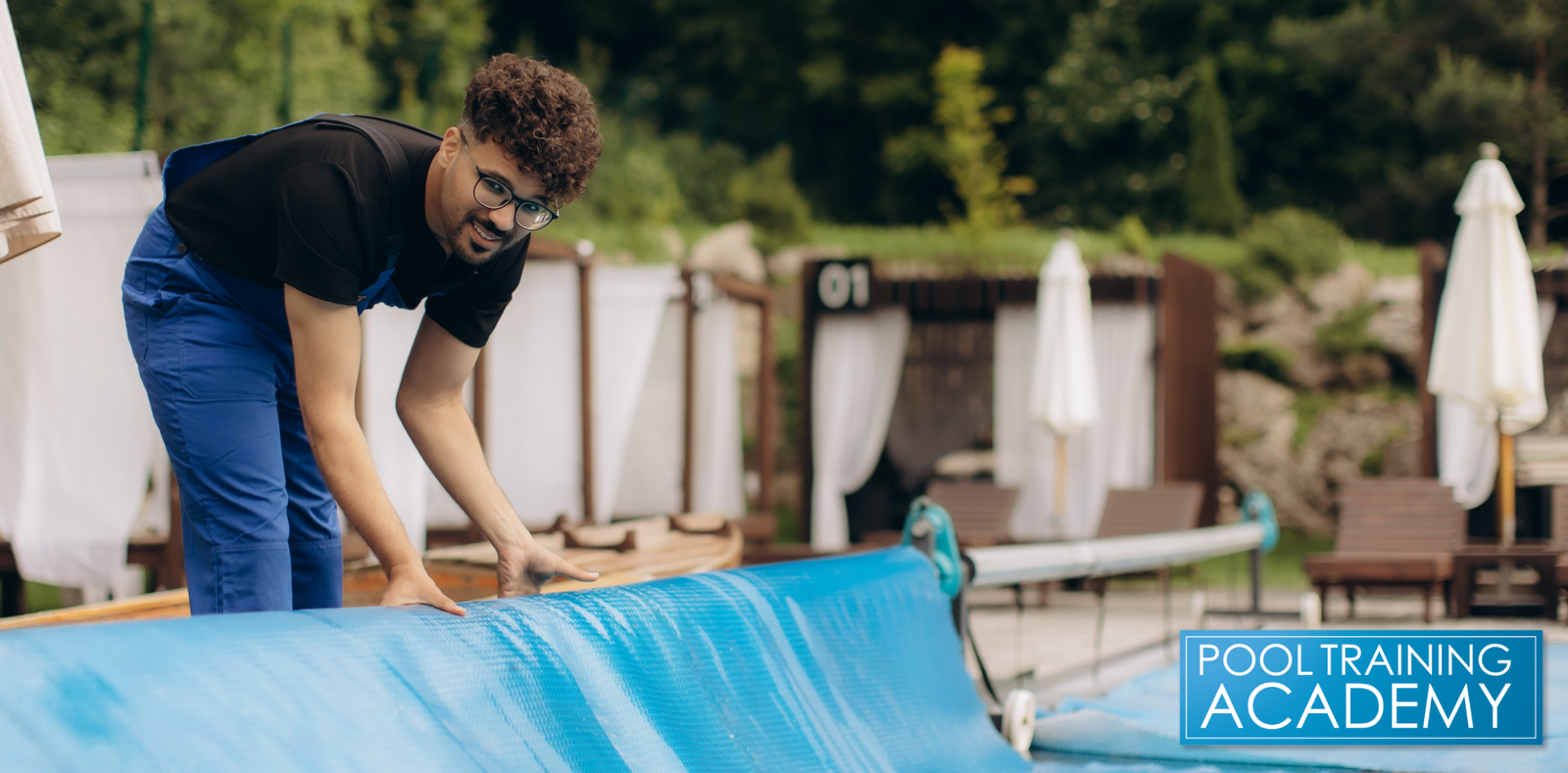
We've all been there before: After a long and fun day of swimming we notice that our eyes are bloodshot and irritated. And for years we've been told it is because of the chlorine in the water. In fact, chlorine causing red and itching eyes is so widespread that it has almost become a common knowledge principle with pools. But, does chlorine actually cause red, irritated eyes? Could we have been duped all these years into believing something that's not true? In this article, we are going to explore the following:
- A Logical and Scientific Exploration of Red, Itchy Eyes
- Major Causes For Red and Itching Eyes in The Swimming Pool
Logic, Science, and Itchy Eyes
To start off, let's explore this question on a logical level. For safety's sake, all pools should be chlorinated, that's a given. So if all pools are chlorinated across the US, then why isn't every swimmer who opens their eyes underwater plagued with the scratchy, stinging sensation of irritated eyes? Following this logic forces us to look deeper into this topic. And the best place to look deeper is the science. According to the Centers for Disease control, chlorine is not the culprit for eye irritation! The CDC give a breakdown of what is actually causing the stinging sensation from the pool and that culprit is something known as chloramines. But what is a chloramine and are there other things that can be the cause of the irritation let's explore this topic further.
Major Causes For Red and Itching Eyes In The Swimming Pool
Chloramines
Chloramines are produced when a contaminate (pee, poop, dirt, or any other foreign substance) enters into the water. Chlorine, our sanitizer used to inactivate or kill the harmful pathogens spread by these contaminates, combines itself to said contaminate and goes to work killing it off. Once the chlorine has done its job, the pathogen is neutralized, but the chlorine effectively "kills" itself in the process. The bond of inactive contaminate and chlorine create a chloramine. It is this bond that, according to the CDC, causes the eye irritation.
Pool operators, especially those who are CPO® Certified, are trained how to remove these chloramines (also known as combined chlorine) from the water, and it is actually quite easy. So assuming the pool operator for your pool is doing the job. of removing the chloramines, then why are your eyes still itching? I can safely say that after 24 years of working on swimming pools, an overwhelming majority of itching eye cases are not caused by chloramines. So long as the chloramine levels are below .5ppm when the water is tested, chloramines won't affect eyes at all. So, assuming these chloramine levels are low, why are my eyes still itchy and red?
pH Balance
Misdiagnosis of the cause of itching eyes from the pool is utterly rampant from even the most "reputable" sources. But one of the things that is widely known by industry experts and scientists is that pH balance, not chloramines, is most commonly the cause of eye irritation in the pool. Here is how the science works: the human tear sits at a pH level that hovers around 7.5. So it would stand to reason that if a substance with a different pH (pool water) interacts with the eye, it will causes a compromise in the eye's natural balance, resulting in irritation. This pH imbalance in the water is what causes eye irritation in the vast, vast majority of swimmers.
It is recommended that pool operators maintain a pH of between 7.2 and 7.8 in order to keep the chlorine as effective as possible at killing pathogens. Between these ranges, swimmers with more sensitive eyes can start to notice discomfort and itching. And when the pH falls outside of this range, it is nearly a given that all swimmers will notice not only itching, dry-feeling eyes, but irritated, burning, and itching skin as well.
But Is Chlorine Innocent?
As we've just explored, chlorine itself is 99.9% not the cause of itching, watery, and red eyes. But there is one final possibility, which is rare, and that is a sensitivity to chlorine itself. This sensitivity is not considered a full-fledged allergy but a form of low level contact dermatitis. Again, this is rarely the case, but if it is, then yes, chlorine can cause itching if you are prone to sensitivities. But if you have not been diagnosed with sensitivities, you can mostly bet that the itching and burning is caused by another factor.
Learn More About Pool and Hot Tubs By Getting CPO® Certified Today!
Pools and spas are not easy to take care of, as much as we wish they were. It takes a strong knowledge of how it all works together to truly ensure that our pools and spas are properly balanced and free from irritants. Thankfully you have options to help you become more knowledgeable about how to keep your water clean and your swimmers safe. One of these options is taking a CPO Class with Pool Training Academy. Becoming CPO® Certified is one of the best ways to truly become a pool expert. And in many states this certification is required to operate a pool or spa commercially. Pool Training Academy is the #1 CPO® Certification provider in the world and our classes are specially tailored to be fun, engaging, and most of all relevant to your needs.Click here to sign up for the next class in your area or to take acompletely online course today and learn everything you need to know to make your pool the best it can be.




Leave a comment (all fields required)